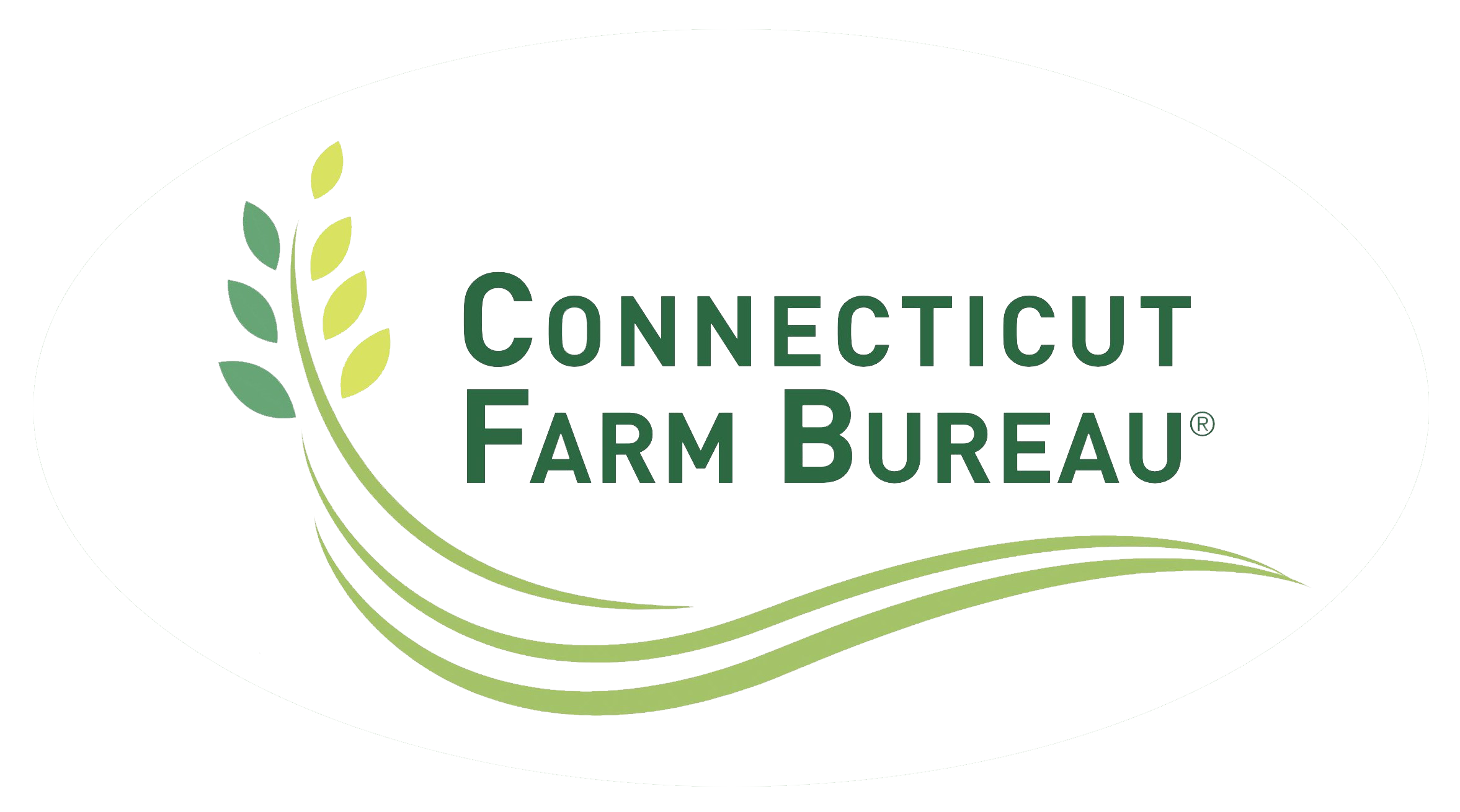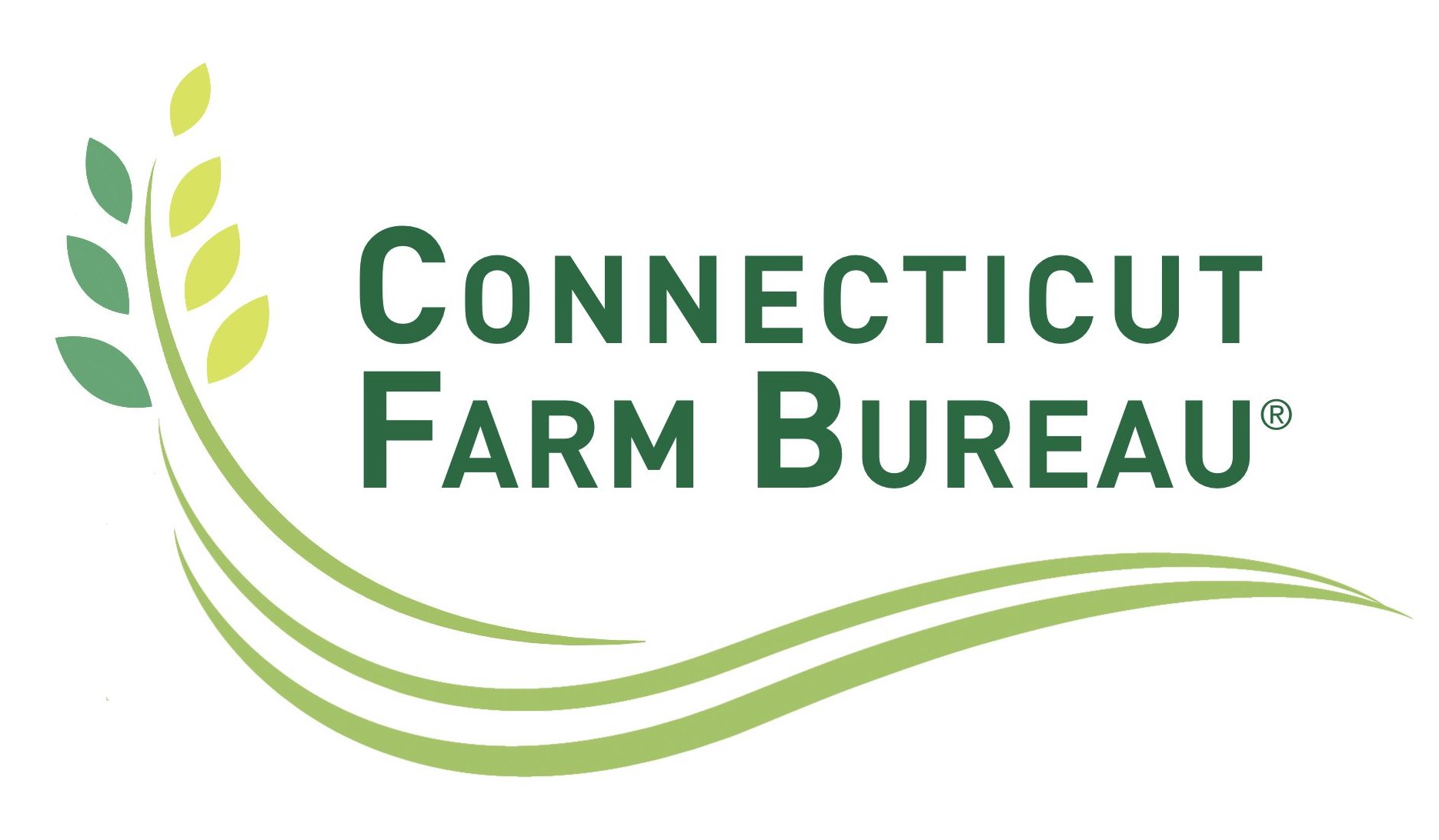Processing Acidified Foods and Jellies
Farm Grown Fruits & Vegetables in Your Farm Kitchen
Section 1 – Overview
Section 2 – Farmers with Commercial Kitchens
Section 3 – Mandated Training Resources
Section 4 – Educational Programs
Section 5 – Resources
Section 6 – Sample Forms and Documents
Section 7 – State Statutes
Section 8 – State & Federal Agenies Offering Resources or Having Oversight of Food Processing
Section 1 | Overview
In 2010, Connecticut passed a state law that allows Connecticut farmers to process acidified foods in their farm kitchens. Farmers must adhere to the following guidelines:
- Farmers must use produce grown from their own farms
- The product label must indicate in that the acidified food was not prepared in the government inspected kitchen
- Farmers may only sell this product at their own farm stands or at certified farmer’s markets
- Conduct a pH test of the finished product
- Pass a water test
- Farmers must take a class in safe food handling or safe food processing that is approved by the State of Connecticut Department of Consumer Protection
- Farmers may only process acidified foods
The Connecticut Department of Consumer Protection is the state agency that oversees processing of acidified foods in the farm kitchen. Local health departments differ in their involvement in on farm processing but are generally a good resource for advice.
In addition to following the state regulations on processing acidified foods, CFBA recommends the following suggestions:
- Have a scrupulously clean kitchen and process for making acidified foods. It is very easy to contaminate your products and make customers quite sick. Please open this link for more information on a proper sanitary process.
- Follow an approved recipe – go to the USDA website or the Ball Canning website to find recipes that are already approved. Chances are that Aunt Irma’s recipe everyone raves about isn’t that different from an approved recipe. Alternately, you may submit your recipe to Cornell University where they will test and approve the recipe.
- Follow the recipe quantities exactly – substitutions and even slight changes in volume or amount can create an incorrect pH level threatening the safety of the product. Substituting peppers for cucumbers will alter the pH level and make the product unsafe.
- Keep detailed records of your processing activities – If there is ever a need to recall your product, detailed records will allow you to narrow the scope of the recall and provide evidence to any investigating authority that you have followed proper procedures.
- Check with your local health department – Some local health departments license manufacturers of packaged foods and all food establishments but other local health departments will license only facilities serving food for immediate consumption. Health Departments have a wealth of information and resources and should be consulted with at the beginning of your processing planning.
Section 2 | For Farmers with Commercial Kitchens
Farmers that have a separate, inspected facility have fewer restrictions than residential farm kitchen operators.
Commercial kitchen farmers may:
- Purchase produce for processing
- Offer products for sale beyond direct to consumer. Farmers should keep in mind that any wholesale manufacturing must follow Connecticut and FDA requirements and will need a Connecticut Food Manufacturer License from Consumer Protection.
Section 3 | Mandated Training Resources
State Law Requires that farmers obtain approved training for acidified food processing. CFBA recommends training for any farmer considering processing acidified foods. Acidified foods can be easily contaminated and pose a health threat to consumers. Proper handling and processing can significantly reduce the risk of contamination. There are a number of quality resources available to farmers:
Courses that Meet State Law Requirements
- ServSafe – This is a state approved course that focuses primarily on the safe handling of food. While it offers a lot of important information, the program does offer any specific advice on acidified food processing. If you are looking for a ServSafe course, you can investigate classes Rodgers Food Safetyor suggest that you search the web for ServSafe and you will likely find the course offered throughout the state at many different locations. The typical price averages around $180.00 and the course is usually about a one day long program that includes a test that must be successfully passed.
- CFBA Sponsored Programs – Occasionally CFBA offers in person courses. Check our website or call the office to see if there is a program coming up.
- Better Processing Control School – This multi-day program is an intensive program that provides detailed information on processing of acidified foods. While some of the information is geared for commercial processing in large plants, participants will leave with expert knowledge of safe acidified food processing. The programs are offered throughout the country. The University of California also offers an on-line on demand course.
Section 4 | Educational Programs and Courses
- On-line Course – Preserving Food at Home: A Self Study – A free, self-paced, on-line course offered through the National Center for Home Foods Preservation which is housed at the University of Georgia.
- Webinar – History, Science and Current Practice in Home Food Preservation
- University of Connecticut Extension Service – Home canning workshops are frequently offered through UCONN Extension. Check their website for upcoming program dates. In addition they offer the following documents as guidance:
- Northeast Center for Food Entrepreneurship – Educational videos on How to Measure Water Activity in Foods, How to Calibrate a pH Meter, How to Measure pH of Liquid and Solid Foods
- The Northeast Center for Food Entrepreneurship’s website has many resources available including fact sheets, sample record keeping documents, and a guide which includes a section devoted to acidified food processing.
NYSAES
Food Research Lab | 630 W. North Street | Geneva, NY 14456
315-787-2273 | necfe@cornell.edu
- National Center for Home Food Preservation’s website offers videos, on-line classes, processing instructions and general guidance:
NCHFP
The University of Georgia
208 Hoke Smith Annex |Athens, GA 30602-4356
FAX: 706-542-1979
- Southern Maryland Agriculture Development Commission – step by step check list for processing acidified foods
Section 6 | Sample Forms/Documents
Section 7 | State Statues
State Statutes governing acidified foods in the farm kitchen – farmers may process certain types of their own farm grown produce in their residential farm kitchen which they may only sell direct to the consumer on their farm or at a certified Connecticut farmer’s market. Open this link to read the specific statutes.
Section 8 | State and Federal Agencies With Resources or Oversight of Acidified Food Processing
- Connecticut Department of Public Health – Check this link to find a searchable database of local health districts. Local health departments can be a great resource for advice on proper food handling.
- Connecticut Department of Consumer Protection– is the state agency with oversight of processing acidified foods in farm kitchens.
Federal Agencies
- U.S. Department of Agriculture(USDA) –has many resources on handling food safely
- U.S. Food & Drug Administration(FDA)– oversight of acidified food processing with authority to inspect premises and conduct investigations of food borne illnesses
New England District U.S. Food & Drug Administration
One Montvale Avenue | 4th Floor | Stoneham, MA 02180
781-587-7500

